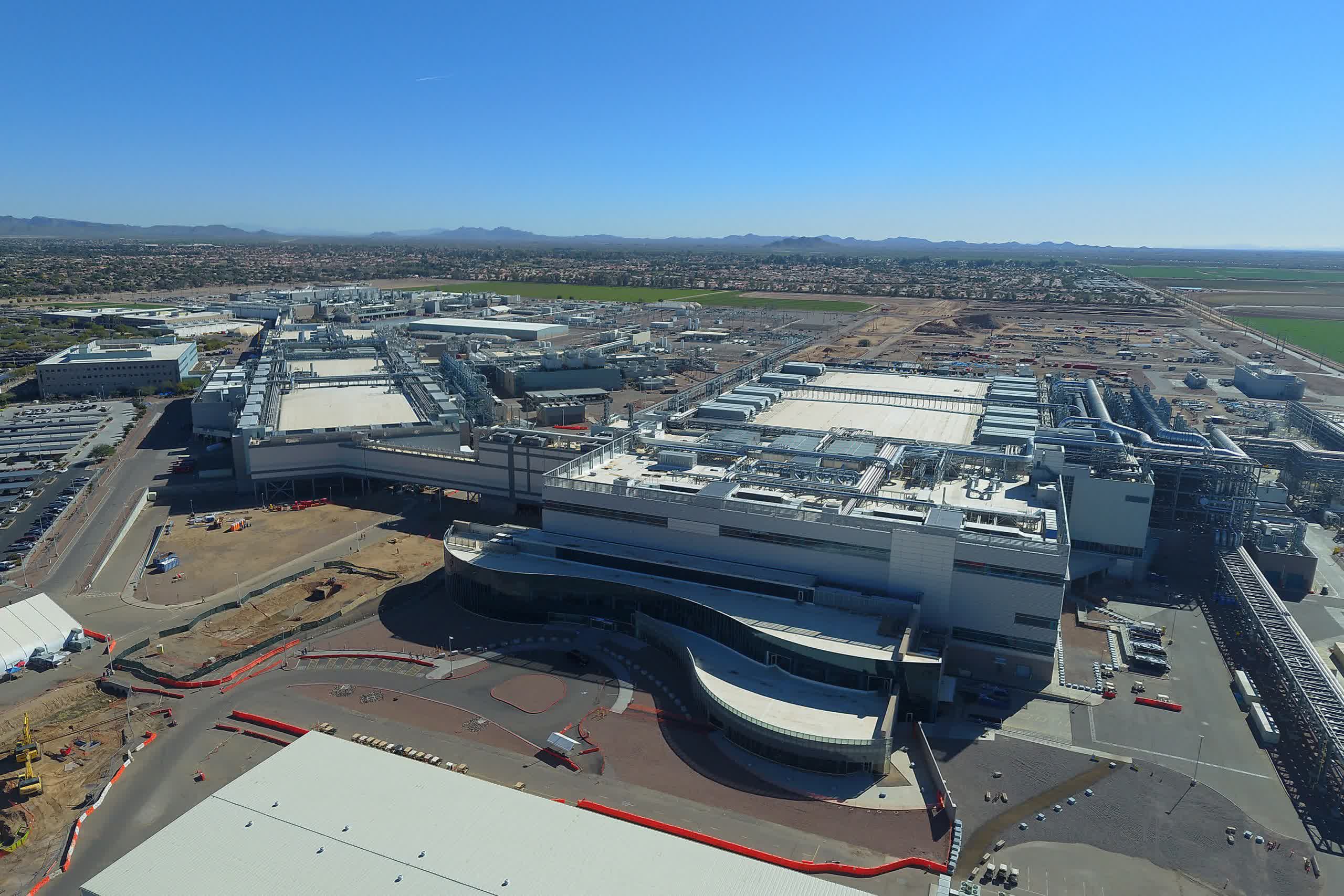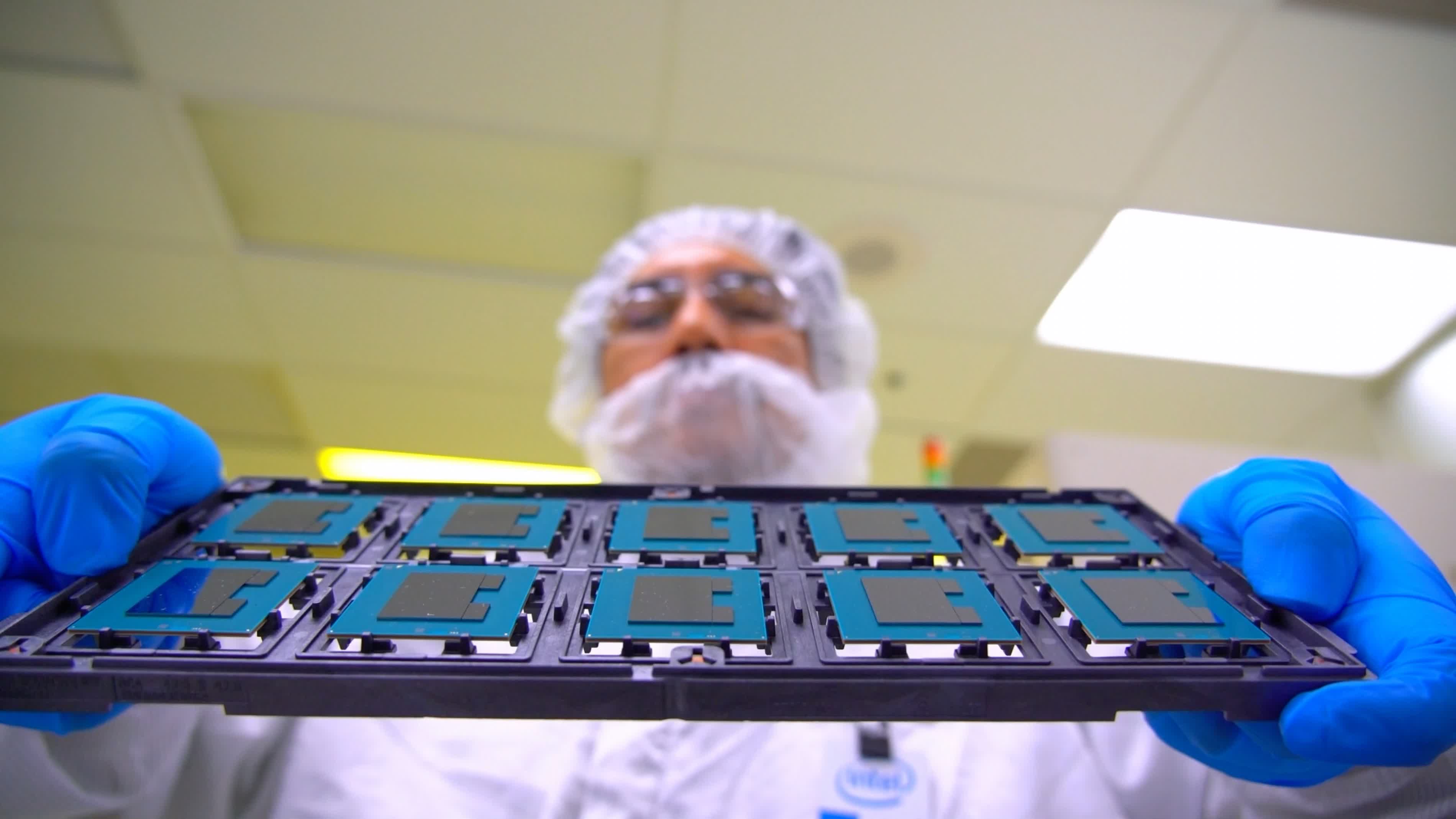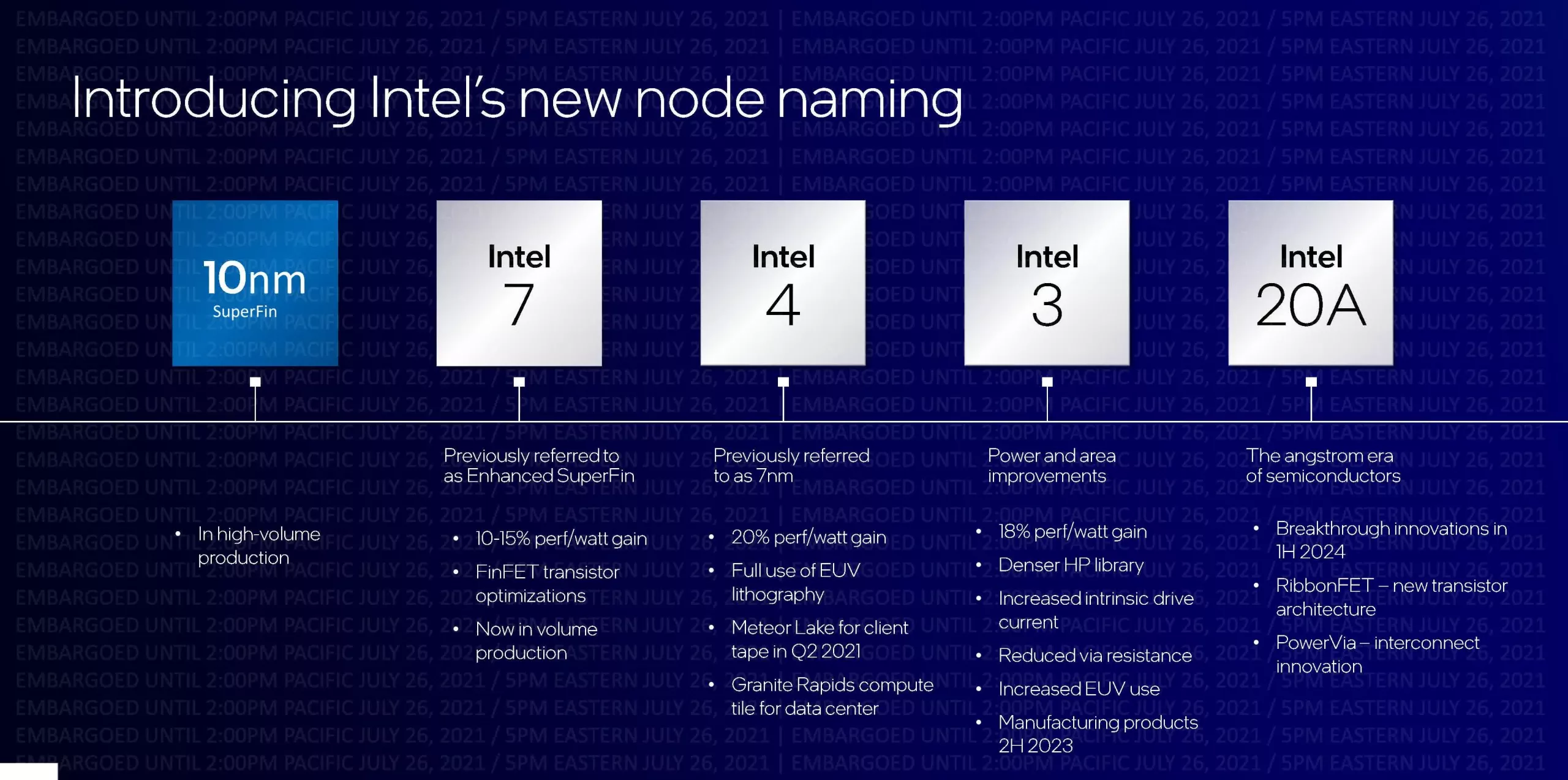What just happened? Malaysian authorities say that Intel is set to build a new $7.1 billion manufacturing facility in the country. It comes as the world struggles with ongoing semiconductor shortages, and Intel CEO Pat Gelsinger warns of overreliance on Taiwanese manufacturing in the shadow of continuing aggression from China.
The Malaysian Investment Development Authority states in a media invitation that Intel will invest 30 billion ringgit on the facility in the island state of Penang. The statement said more of Intel's Malaysia plans would be revealed in a press briefing on Wednesday (December 15), an event that coincides with US Secretary of State Antony Blinken's first visit to the region.
Intel CEO Pat Gelsinger is also visiting Taiwan and Malaysia this week for talks to illustrate the importance of Asian manufacturing for Intel. He will be meeting leaders of TSMC, a potentially awkward encounter given that its founder, Morris Chang, recently said Gelsinger simply doesn't have enough time to take Intel back to the top.
Chang was likely responding to Gelsinger publicly warning against relying on Taiwanese chipmakers in light of China's threatening activities in the region. "Taiwan is not a stable place," said Gelsinger. "Beijing sent 27 warplanes to Taiwan's air defense identification zone this week. Does that make you feel more comfortable or less?"
Gelsinger has also called for the US government to spend the $52 billion it has set aside for semiconductor funding exclusively on domestic companies, something that TSMC said would be "very negative for the United States."

While it will take several years before consumers see the fruits of Intel's investment, we can take some solace in knowing that team blue is working on adding more capacity, especially as its Foundry Services (IFS) division manufactures chips for others, with Amazon and Qualcomm set to become two of the first high-profile customers. Meanwhile, Intel's two Arizona plants are expected to become fully operational in 2024, and it recently said it would invest up to €80 billion ($94.7 billion) in building new chip plants in Europe. In the near term, however, things aren't looking as positive.

